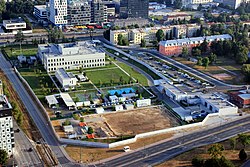Ahcene Zemiri, also known as Hassan Zumiri, is an Algerian citizen who was for seven years a legal resident of Canada, where he lived in Montreal. He and his Canadian wife moved to Afghanistan in July 2001. They were separated when trying to leave in November 2001 and Zemiri was arrested and turned over to United States forces. He was transferred to the United States Guantanamo Bay detention camp in 2002, where he was detained for eight years without charge.
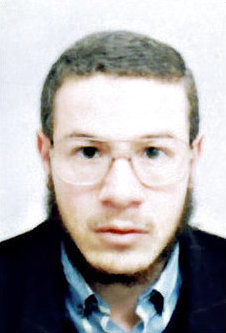
Sabir Mahfouz Lahmar is a Bosnian citizen, who won his habeas corpus petition in United States federal court after being held for eight years and eight months in the military Guantanamo Bay detainment camps, in Cuba.
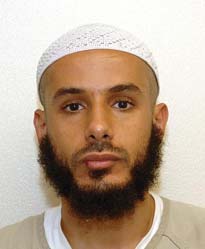
Fouzi Khalid Abdullah Al Odah is a Kuwaiti citizen formerly held in the United States Guantanamo Bay detainment camps, in Cuba. He had been detained without charge in Guantanamo Bay since 2002. He was a plaintiff in the ongoing case, Al Odah v. United States, which challenged his detention, along with that of fellow detainees. The case was widely acknowledged to be one of the most significant to be heard by the Supreme Court in the current term. The US Department of Defense reports that he was born in 1977, in Kuwait City, Kuwait.

The Algerian Six were six Algerian men, who gained citizenship of Bosnia and Herzegovina during the Bosnian War, five of whom will continue to hold a dual Algerian and Bosnian citizenship, and who were imprisoned without charges at Guantanamo Bay Naval Base in Guantanamo Bay, Cuba from January 2002.

Mustafa Ait Idir is an individual formerly held in the United States Guantanamo Bay detainment camps, in Cuba. Ait Idir was born in Algeria, but moved to Bosnia, married a Bosnian woman, and became a Bosnian citizen. Idir was arrested on October 18, 2001, on suspicion of participating in a conspiracy to bomb the United States Embassy. After their release following their acquittal, the six men were captured on January 17, 2002, by American forces, who transferred them to Guantanamo Bay.

Bensayah Belkacem is a citizen of Bosnia, previously held in the United States Guantanamo Bay detainment camps, in Cuba. Born in Algeria, he was arrested in his home in Bosnia, on October 8, 2001, shortly after the attacks of September 11, 2001.

Hadj Boudella is a citizen of Bosnia who was wrongfully detained for over six years in the United States Guantanamo Bay detainment camps, in Cuba.
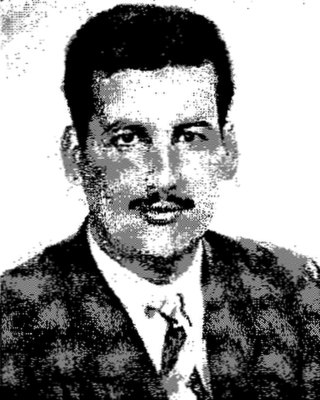
Mohammed Nechle is a Bosnian citizen who was wrongly held for almost seven years as an "enemy combatant" in the United States's Guantanamo Bay detention camps, in Cuba.

Bashir Nashir Ali Al-Marwalah is a Yemeni, who was captured in Pakistan, on September 11, 2002, and transferred to extrajudicial detention in the United States Guantanamo Bay detention camps, in Cuba. His Guantanamo Internment Serial Number is 837. Joint Task Force Guantanamo counter-terrorism analysts reports that Al-Marwalah was born on December 1, 1979, in Al-Haymah, Yemen.

Tariq Mahmud Ahmad Muhammad al-Sawah is a citizen of Egypt who was held in the United States Guantanamo Bay detention camps, in Cuba, from May 2002 to January 2016.
Abd al-Salam al-Hilah is a citizen of Yemen who was held in extrajudicial detention in the United States Guantanamo Bay detainment camps, in Cuba.
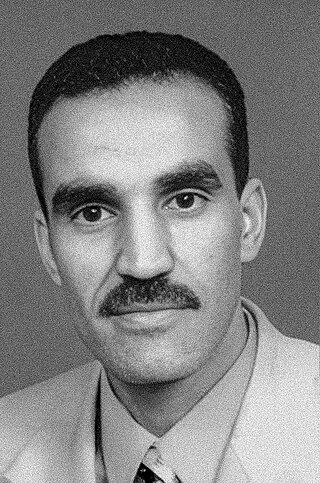
Lakhdar Boumediene is an Algerian-born citizen of Bosnia and Herzegovina who was held in military custody in the United States Guantanamo Bay detention camps in Cuba beginning in January 2002.
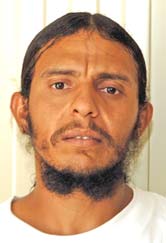
Tolfiq Nassar Ahmed Al Bihani is a citizen of Saudi Arabia who was held in the United States's Guantanamo Bay detention camps, in Cuba. His Guantanamo Internment Serial Number was 893.

Alija Behmen was a Bosnian politician who served as the 36th mayor of Sarajevo from 2009 to 2013. He also served as Prime Minister of the Federation of Bosnia and Herzegovina from 2001 to 2003. Behmen was a member of the Social Democratic Party.
Sufyian ibn Muhammad Barhoumi is an Algerian man who was held in extrajudicial detention in the United States Guantanamo Bay detention camps, in Cuba. The Department of Defense reports that he was born on July 28, 1973, in Algiers, Algeria.
Asim Thahit Abdullah Al Khalaqi (1968-2015), also known as Asim Thabit Al Khalaqi, was a citizen of Yemen, who was held in extrajudicial detention in the United States Guantanamo Bay detention camp, in Cuba. His Guantanamo Internment Serial Number is 152. Joint Task Force Guantanamo counter-terrorism analysts believe Khalaqi was born in 1968 in Riyadh, Saudi Arabia.
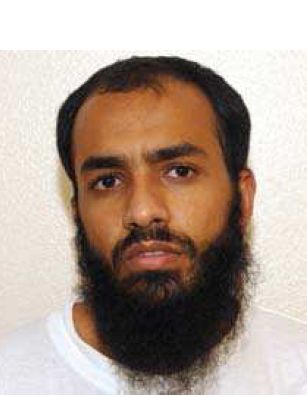
Muhammaed Yasir Ahmed Taher was a citizen of Yemen, who was held in extrajudicial detention in the United States's Guantanamo Bay detention camps, in Cuba. His Guantanamo Internment Serial Number was 679. American intelligence analysts estimate he was born in 1980, in Ibb, Yemen.
There has been an increase in incidents involving alleged radical Islamism in the Balkans since the 1990s.

A gunman fired with a Kalashnikov rifle on the United States embassy in Sarajevo on 28 October 2011, resulting in one local policeman guarding the embassy being wounded in the arm by the gunman, while the shooter was wounded by a police sniper.

